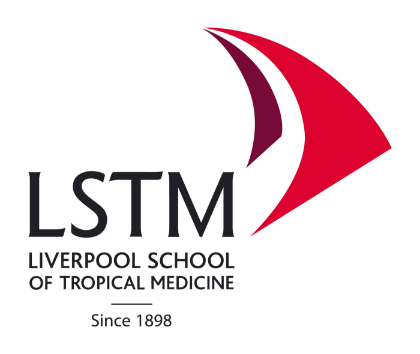
LSTM’s mission is to improve health outcomes in underserved populations globally through partnerships in research and education and has been at the forefront of research into infectious, debilitating and disabling diseases worldwide since 1898.
This project is part of the EDCTP3 programme supported by the European Union
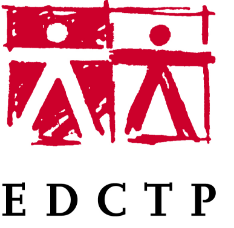

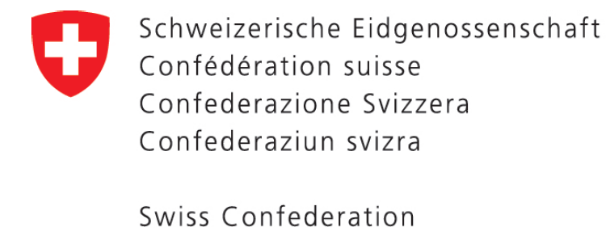

Malaria in pregnancy can cause serious maternal and newborn health issues, with first-trimester infections posing significant risks to mother and child. Despite this, pregnant and lactating women are typically excluded from research and clinical studies, leaving them underserved by currently available curative and preventive malaria therapies.
Through an adaptive platform trial and qualitative research, SAFIRE will help close this critical gap by generating evidence on the efficacy, safety and tolerability of antimalarials in the first trimester of pregnancy.
In 2022
More than
Pregnant women are
Maternal deaths


LSTM’s mission is to improve health outcomes in underserved populations globally through partnerships in research and education and has been at the forefront of research into infectious, debilitating and disabling diseases worldwide since 1898.

MMV is a product development partnership in antimalarial drug research and development. It has helped create the world’s largest antimalarial drug development portfolio and supports activities to ensure access to medicines for the most vulnerable.

Amsterdam UMC is a leading medical center that combines complex high-quality patient care, innovative scientific research and the education of the next generation of healthcare professionals.
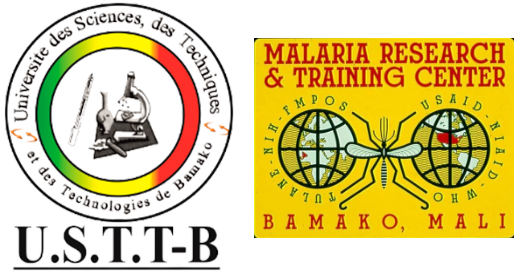
The USTTB trains undergraduate to doctorate-level students in the field of science and technology. The International Center for Excellence in Research (ICER) and Malaria Research and Training Center (MRTC) are both part of the USTTB and conduct studies and clinical trials in the areas of malaria and other parasitic and viral diseases.

CRUN aims to accelerate malaria control in Africa through clinical research and training and has contributed to the development of new malaria control and elimination tools such as vaccines, drugs, diagnostics and more.
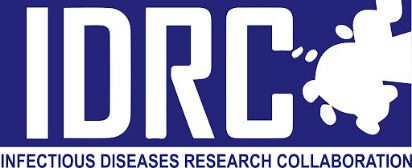
IDRC builds research capacity through training, technology advancement and health service infrastructure upgrades; conducts research into infectious diseases such as malaria, HIV/AIDS and tuberculosis; disseminates research results; and promotes an evidence-based approach to policymaking by linking researchers and policymakers.
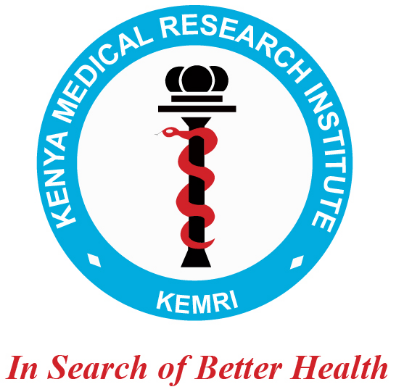
KEMRI is a regional and global leader in human health research and aims to improve human health and quality of life through research, capacity building, innovation and service delivery.

The largest state university in the DRC, UNIKIN’s Department of Tropical Medicine is dedicated to conducting quality research and has been involved in several malaria and Ebola vaccine development projects.
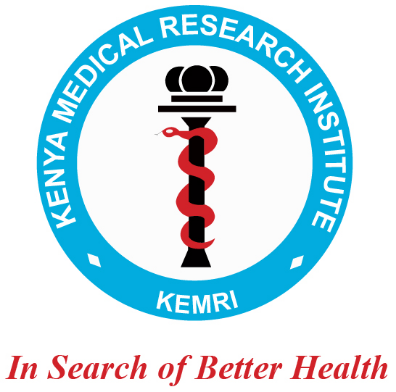
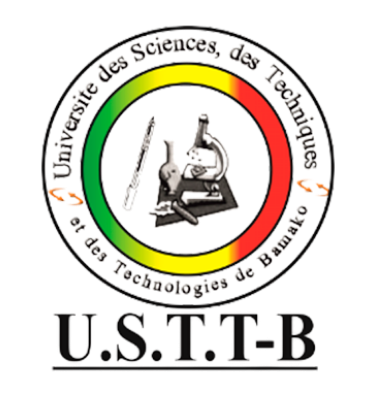
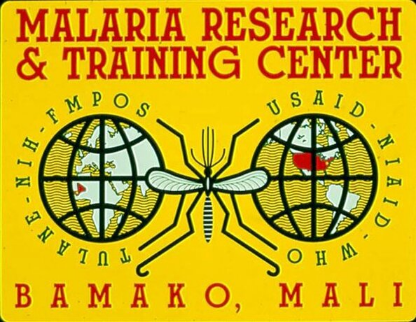


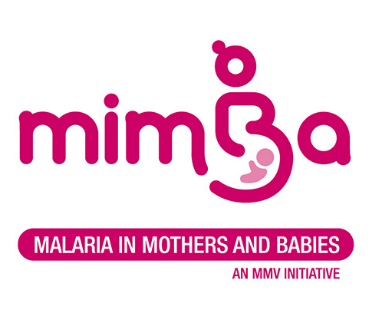
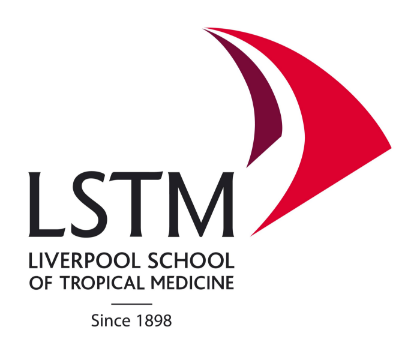
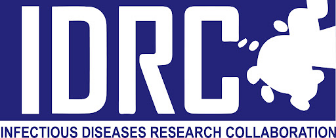
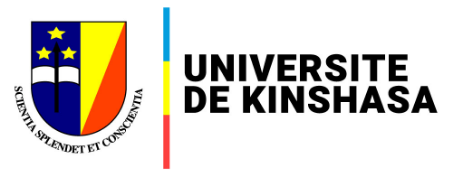











Major milestone in Africa’s first-ever study assessing malaria treatments in early pregnancy Through the SAFIRE consortium, experts from Africa and Europe are closing a critical treatment gap for women in early pregnancy. Each year, over 12 million pregnant women are
Speakers and presentations Shaping the future: advancing equitable and ethical research to meet women’s therapeutic needs Location: Kigali Convention Center, Room MH3Date & time: Tuesday, 17 June from 16:30 to 18:00 Dr Stephanie Dellicour, Principal Research Associate, Liverpool School of
In a world first, a global consortium plans to undertake a Phase 3 clinical trial assessing antimalarial medicines in women in their first trimester of pregnancy The trial will evaluate the efficacy, safety, tolerability and cost-effectiveness of antimalarial drugs to
Malaria is a dangerous disease. One that, according to the World Health Organization, resulted in 249 million cases and 608,000 deaths in 2022 worldwide. For pregnant women, particularly those in their first trimester, it can cause serious complications, a concern for over 120 million women
Malaria is one of the most serious infectious diseases affecting predominantly low- and middle-income countries, where pregnant women are among the populations at risk. There are limited options to prevent or treat malaria in pregnancy, particularly in the first trimester,